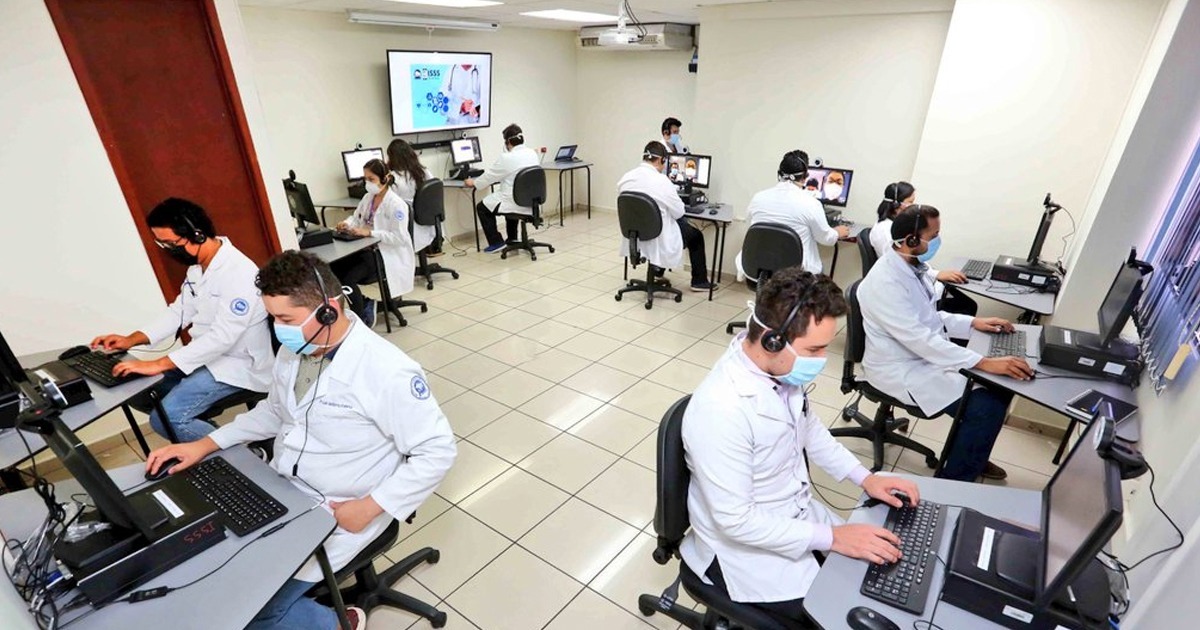Amazon Web Services (AWS), created a new accelerator focused specifically on technology related to Digital Health. The accelerator will provide the opportunity for ten US-based startups to participate in courses related to technical training and business development.
The creation and development of new health and technology startups, encourage the strengthening of the Digital Health ecosystem, creating more diverse and specialized spaces. Health authorities and institutions have been required to use innovative and data-driven technological solutions to respond to new health challenges.
The first AWS Healthcare Accelerator project was focused on pediatric Digital Health initiatives and was launched in September 2020. This year it is aimed at companies with any type of target audience and will receive applications until July 23. “The goal of the AWS Healthcare Accelerator is to cultivate and promote innovative startup solutions that achieve the Quadruple Aim of improved patient experience, improved clinician experience, better health outcomes, and lower cost of care,” Amazon explained in the release about the launch.

The first cohort of the AWS Healthcare Accelerator featured a collaboration with KidsX the leading accelerator of pediatric Digital Health projects. Both parties will be responsible for the selection of the ten new projects. In addition, AWS is also looking for the projects to support public sector healthcare institutions to accelerate digital transformation.
“The program will bring in healthcare industry leaders to collaborate with startups on topics ranging from defining business models, regulatory pathways, clinical validation, Electronic Health Record integration, and more. There will also be collaboration opportunities with AWS customers and members of the AWS Partner Network looking for innovative healthcare solutions,” the release explains.
The project strengthens the relationship between industry leaders with emerging healthcare companies on topics such as “defining business models, regulatory pathways, clinical validation, Electronic Health Record integration, and more.”





